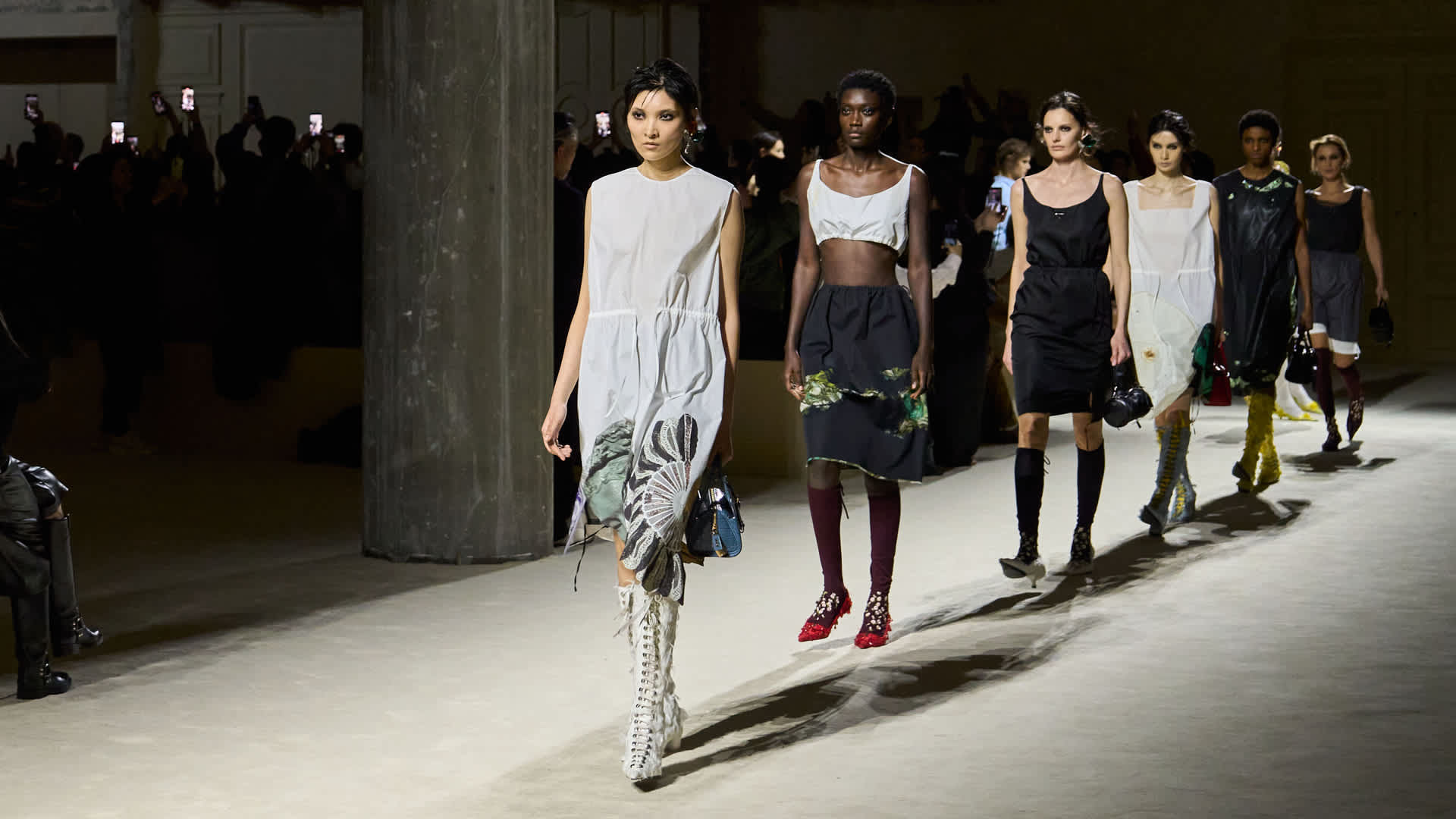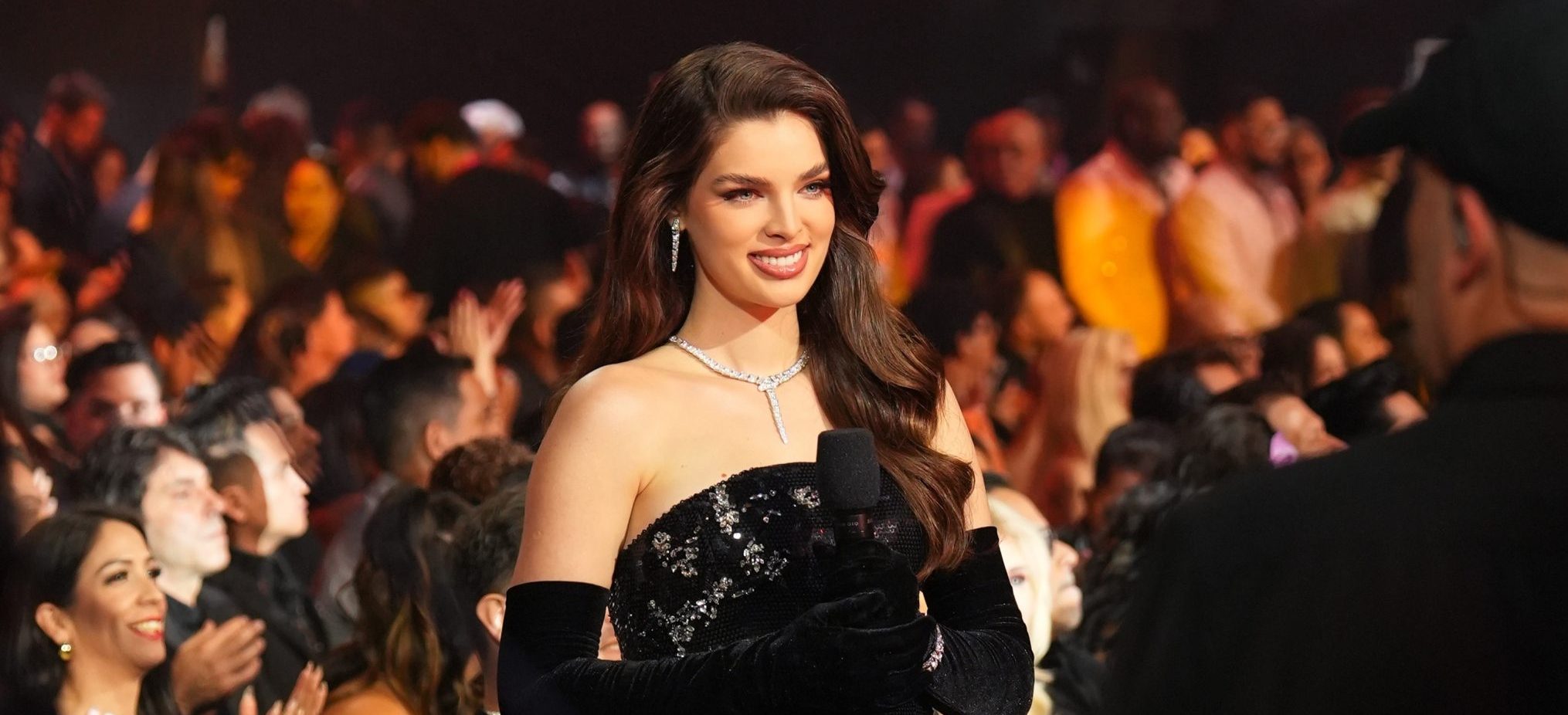Separated By A Generation, Two Artists Are On Parallel Tracks At Armory Show
In partnership with Thomas Herd
Ever since 1994, when a group of New York art dealers first invited a community of international galleries to showcase emerging artists at the historic Gramercy Park Hotel, the Armory Show has generated an aura of excitement and anticipation.
Galleries from all over the world vie for the opportunity to exhibit their artists at what has become New York’s premier art fair (now at Piers 90 and 94), and booths are highly coveted.
This year, Los Angeles art dealer Steve Turner is showing two of his painters in the FOCUS section of the fair. The criteria for qualifying are rigorous, yet enigmatic, stating that an artist must “construct a version of reality or self where the boundaries of fact and fiction are indistinct.”
Turner’s two painters are African American. They are separated by the gender divide, and the chasm of a generation. Yet there is something about their work that leaves the viewer sensing a shared DNA.
Buffalo-born Laylah Ali came of age in the late ‘90s. She studied and now teaches at Williams College in Massachusetts and was included in the important 2001 exhibit “Freestyle” at the Studio Museum in Harlem. She has had numerous solo exhibitions at museums and was included in the Whitney Biennial of 2004. Her images play with issues of race and gender. Created by flat shapes of color, the figures are of an ambiguous gender, and express a wry and comical view of the world.
 Photo Credit: Art by Laylah Ali
Photo Credit: Art by Laylah Ali
Newcomer Jon Key was raised in small-town Alabama and studied at the Rhode Island School of Design. Like Ali, Key also paints in flat colors, juxtaposing patterns of clothing with the negative space of pitch-black hands and faces. The blankness that characterizes these faces draws attention to the reality that, for white culture, black people have long been invisible. Key’s compositions make the invisible visible again.
 Photo Credit: Art by Jon Key
Photo Credit: Art by Jon Key
Many of today’s black artists are painting portraits as a way to pass down their own narratives. Laylah Ali and Jon Key come out of this tradition, and their important work is helping to shape the way the wider world sees black lives and issues.












